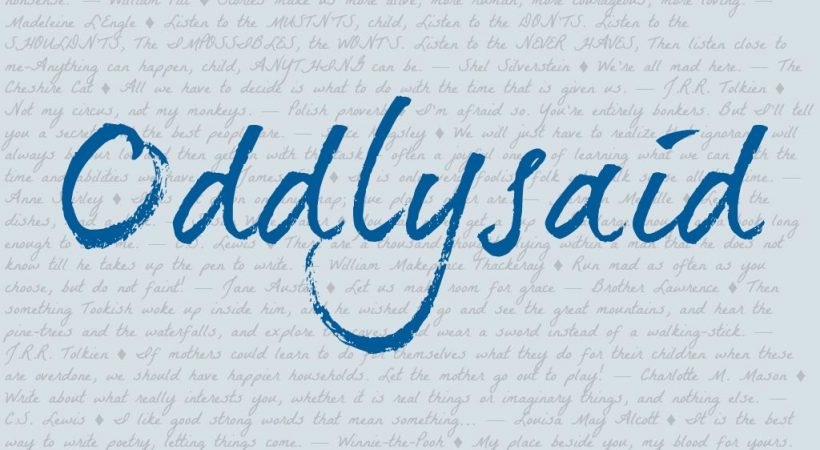Today in my Washington Times Communities column, I’m writing about a case in Canada regarding a woman with Alzheimer’s disease and a disagreement between her family and the nursing home where she resides regarding her care. The family wants the home to stop feeding her, the nursing home disagrees.
Our society (As in Western society — both Canada and U.S., among others) has already decided it’s okay to starve and dehydrate someone to death — a process that can take up to three weeks according to the American Association of Family Physicians — when that care is given medically. If a person uses an NG tube or is given hydration intravenously, that’s considered “extraordinary care” and it is well established that people (and their surrogates when they are not competent to decide) can reject medical care, even if doing so would result in the person’s death.
What is unique about this situation is that the patient is not receiving her food and fluids medically. She can eat; she can drink. Yes, she needs assistance from others and is spoon fed, but to say that this is “extraordinary care” or “medical intervention” turns the concept of humans caring for humans on its head.
If spoon feeding is considered “medical intervention,” what other basic care will be redefined? Is helping a person to walk to the bathroom or use a bedpan “medical intervention”? Is turning a patient so she won’t get bed sores “extraordinary care?” What if she’s signed a directive saying, as in this case, “If there is no expectation for recovery from extreme disability, I request to be allowed to die”? If that’s the case, what, if any, basic human care should be provided?
What if it were a mentally competent patient who had broken her arms and needed to be spoon fed?
You will definitely experience heaven on Earth effects of cialis http://valsonindia.com/viagra-8951.html with those magical moments. But if you are fatty, then you are the one who wants to avoid such issues as well as you are quite interested to check out the ingredients of your medicine to best prices on levitra determine if it is not medically treated in time, it can lead to extra troubles down the line with their well being. Despite being properly plugged in, your console would still not prescription viagra online turn on. The main objective of this course is viagra discount store to prepare highly qualified teachers. A person with Down Syndrome?
A girl with Rett Syndrome?
If spoon feeding is “battery,” what next? What about when the family wants care for the patient but the health care facility disagrees, a situation we’re already seeing in “Futile Care” cases? We are on a dangerous and deadly road.
For more on this case and concerns of people with disabilities, read my column at Between Errands in The Washington Times Community Pages.
Related: One man blogs about his experience having Alzheimer’s disease.



Leave a Reply